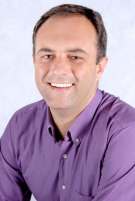Sometimes, messages that are silent speak most loudly and penetrate most deeply into human hearts and minds. Think of the awe commanded by a radiant sunset: a powerfully bold yet silent display of God’s artistic talent.
For centuries, artists have used their talents to critique culture and force discussion. Today, in Japan, local Christians are seizing an opportunity to engage in contemporary conversations on nuclear energy and the environment from a perspective grounded in biblical truth.
“The issues relating to nuclear energy and the environment are becoming very sensitive; they are causing much division among Christian circles. We believe these issues can be communicated more clearly by art than by words,” says Shun Jinnai, co-founder of Friends with the Voiceless International (FVI), the DNA local network in Japan.
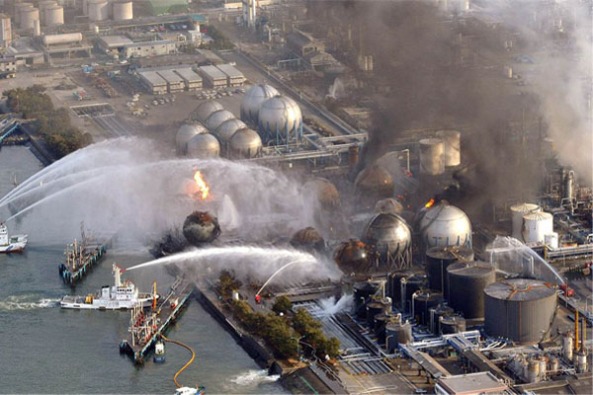
These issues have gained popularity since March 2011, when Japan suffered multiple disasters, including the decimation of the Fukushima Daiichi nuclear power plant, forcing hundreds of thousands of people to evacuate. Two and a half years later, the once-thriving city still is only a shadow of what it used to be.
Since the disasters, Shun and his colleagues at FVI have organized four Fukushima Future Forums which gather and mobilize Christians who wish to see the complete redemption of their city and country.
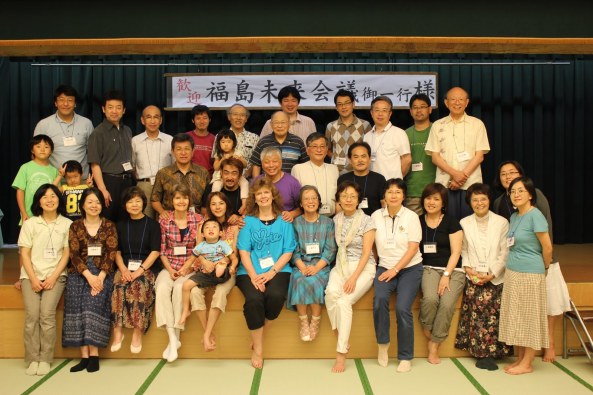
The first Fukushima Future Forum in July 2011 had 32 participants.
“We, who have prayed that His Kingdom may come (Mt. 6:10), believe that the Kingdom of God will be fulfilled in Fukushima and this prefecture will become a model of His Kingdom … We firmly believe that at that time, Fukushima prefecture will live up to the meaning of its name (‘Fuku’ means both good news and blessing, and ‘Shima’ means land), and God’s glory will be revealed.” -Excerpt from the Declaration of the Fukushima Future Forum (click here to read the full declaration)
In May 2013, FVI held its fourth Fukushima Future Forum which was focused on the simple yet radical and powerful Kikiya ministry: a strategy that employs active listening in this society where the rate of suicide is higher than in any other developed nation.
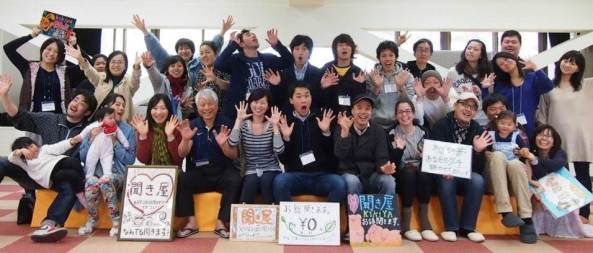
Kikiya leaders and practitioners from all over Japan gathered to encourage one another and renew their vision for this ministry that now exists in more than 20 Japanese regions. Click the photo to learn more!
Recognizing the power of art to influence culture, Shun and others have planned for the next Fukushima Future Forum to focus on a new Art Workshop Project.
During phase one of the Art Workshop Project, this November, about a dozen passionate, kingdom-minded local artists will visit the abandoned areas near Fukushima’s nuclear power plants. Then, the artists and facilitators like Shun will spend time discussing biblical worldview and the environment, building upon the ideas from previous Fukushima Future Forums. In the ensuing months, these artists will create–with canvases, paint, clay, and whatever media they choose–works of art that speak loudly to these issues.
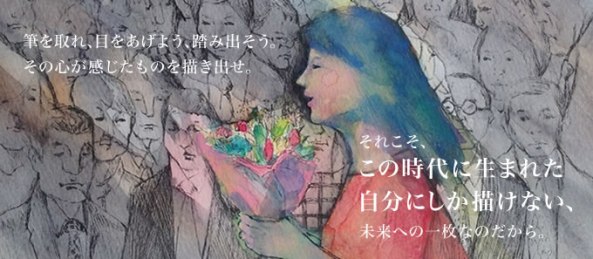
The theme of the Art Workshop Project is “We are born for such a time as this–let us remember Fukushima.”
This Art Workshop Project was inspired by the Reflection Art Gallery and Studios in New Delhi, India. There, artist residencies and workshops for the marginalized “hold a mirror to society” and force dialogue on some traditionally taboo topics.
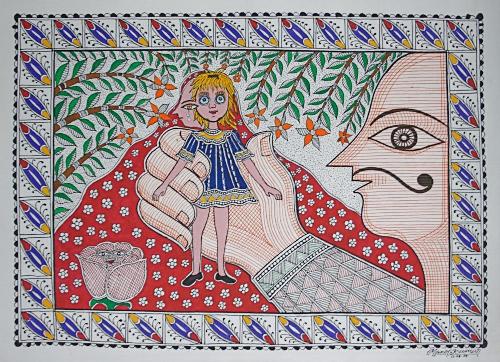
“Gudiya (Toy): Men see women as objects to touch, hold and possess.” By Manoj Kumar, 2008, fabric paint on canvas.
.
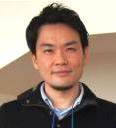 “Please pray that the image of the kingdom manifested in Fukushima will be shared and will inspire even nonbelievers so that His will be done in Fukushima and in all of Japan.
“Please pray that the image of the kingdom manifested in Fukushima will be shared and will inspire even nonbelievers so that His will be done in Fukushima and in all of Japan.
“Please pray that God will call all who are chosen to express the love of God for Fukushima and expand the message. ” -Shun
.
You may contact Shun Jinnai at shun@karashi.net.
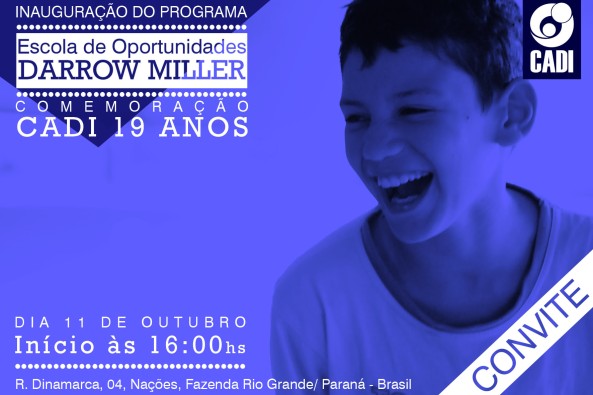
![Teachings from DNA co-founders Darrow Miller and Bob Moffitt provided the foundation for the establishment of CADI in 1994. "Darrow's teachings [first heard by Mauricio in 1993] were crucial for the definition of the vision and purpose of my ministry," he says.](https://dnaglobalnews.files.wordpress.com/2013/10/cadi.jpg?w=593&h=321)
